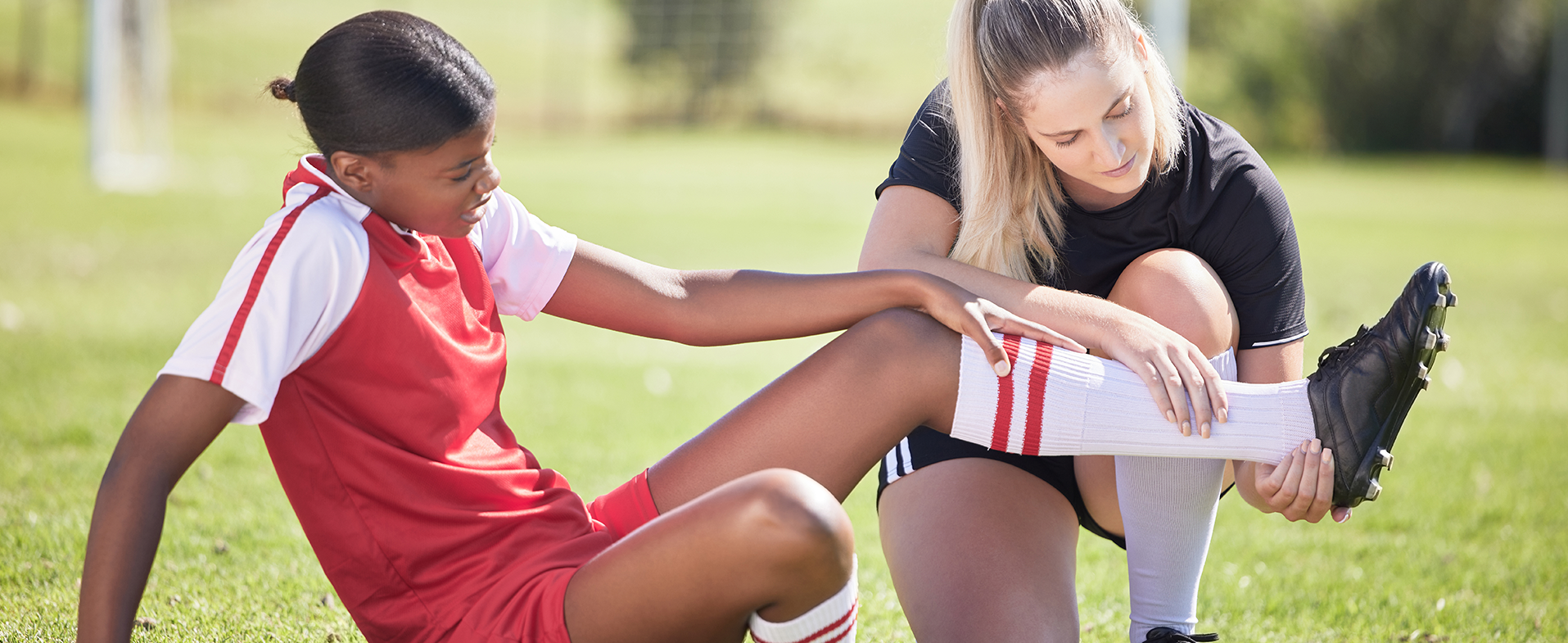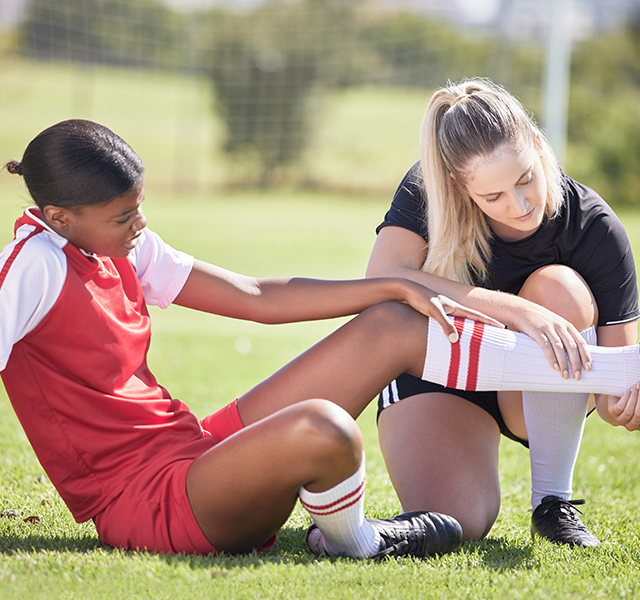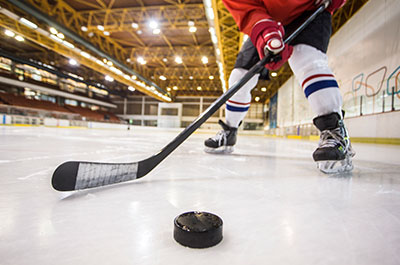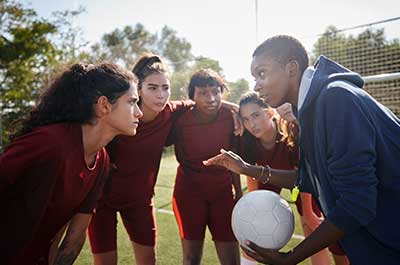Sustaining an athletic injury can be devastating – especially when it inhibits your mobility or prohibits you from returning to a sport. Whether it’s an injury that requires complex surgery or a chronic issue you haven’t been able to successfully manage, regaining your physical ability is imperative. And that’s where a second opinion comes in.
“For athletes, their sport might be their livelihood - or it’s for enjoyment and often defines them,” says Vasilios Moutzouros, M.D., an orthopedic surgeon and chief of sports medicine at Henry Ford Health. How their injury is treated matters. Getting a second opinion offers clarity and consistency; it helps drive the direction of care.”
4 Ways To Get The Most Information Out Of A Second Opinion
Many people are under the impression that a second opinion will be completely different from the first doctor’s treatment recommendation. But oftentimes, that’s not the case.
“A second opinion might agree with the first opinion – it can serve as a supportive measure to ensure you’re making the correct decision in your care,” says Dr. Moutzouros. “And if there is an inconsistency – where the doctors have differing opinions – that’s okay as well. There are a lot of variables that determine why someone would choose one opinion over another.”
Here, four ways to get the most out of your second opinion appointment:
1. Bring someone with you.
“It’s said we only process 30% of the information we hear, so bringing someone with you – or even having someone on speaker phone – can help ensure you don’t miss anything,” says Dr. Moutzouros.
2. Give the doctor a detailed health history.
Give as many specifics as possible – how your injury occurred, the symptoms and nature of your injury, whether you’ve already tried any treatments or management techniques, etc. “This is really important because sometimes, by the time you get a second opinion, you’ve already started treatment,” says Dr. Moutzouros. “Your health story is an enormous part of a second opinion.”
3. Get a thorough physical exam.
The doctor should give you a physical, examine the injured area, order imaging – MRI or X-ray – and then they should put that all together with your story (and your goals for recovery, too) before offering a second opinion.
4. Ensure you have clarity when you leave your appointment.
Don’t leave with questions. “The best second opinions are an informative, succinct and clear assessment of how to move forward,” says Dr. Moutzouros. “There are always operative versus non-operative methods, and the pros and cons of each treatment route should be explained – how long will each take, how will each impact your performance. You’re trying to get back to the same level of productivity prior to an injury. And especially if you’re a professional athlete, it can be a lot harder because you play at such an elite level.”
How To Make The Right Choice After Getting A Second Opinion
After getting a second opinion, how can you decide which doctor to go with? “There’s not always a clear, definitive answer – I think it’s really complicated,” says Dr. Moutzouros.
When weighing your options, he offers a few questions to ask yourself:
1. Do you feel more comfortable with one doctor over another?
“Maybe you didn’t relate to your first doctor,” says Dr. Moutzouros. “You don’t have to be best friends, but you’re seeking reassurance and communication. If you don’t feel confident with one physician, it might be best to go with the other.”
2. Who is offering a treatment plan you can stick to?
“A good second opinion takes into account your personality and how you’d relate to the physician’s suggestions for care,” says Dr. Moutzouros. “Some people want more aggressive interventions, while others are more hesitant and want a gradual approach. As a physician, you have to understand what a patient can tolerate. Making recommendations someone won’t follow won’t be helpful. They have to be willing to take that road with you.”
3. Do you know anyone who has been treated by either doctor?
Whether a friend, family member or colleague, getting a word-of-mouth endorsement from someone you know can serve as great reassurance you will be getting great care.

Go Where The Pros Go
4. Has one doctor treated similar injuries before?
“The experience factor is important,” says Dr. Moutzouros. “A lot of times athletes seek second opinions because a certain doctor has performed a particular surgery before. They’ve been exposed to this injury and are confident with their skill in treating it.”
5. Are there new technologies one doctor has access to?
“Certain surgeons may have newer techniques or treatments they can offer, like orthobiologic injections to promote healing and decrease pain for issues like osteoarthritis, or the Tenex procedure (a minimally invasive treatment for tendinosis),” says Dr. Moutzouros.
At the end of the day, second opinions are more common than ever – in all aspects of orthopedics and sports medicine. “Getting a second opinion can only help you,” says Dr Moutzouros. “It doesn’t mean you don’t trust a particular doctor, it means you want the most support possible so you can make the best decision for your care. I think that should always be encouraged.”
Reviewed by Vasilios Moutzouros, M.D., an orthopedic surgeon and chief of sports medicine at Henry Ford Health. Dr. Moutzouros sees patients at the Henry Ford Center for Athletic Medicine, Henry Ford Medical Center – Columbus and Henry Ford Medical Center – Royal Oak.



